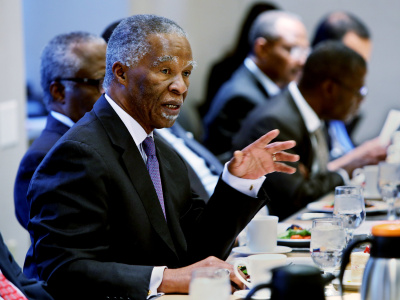
Sewing the pieces together: Towards an EU strategy for fair and sustainable textiles
The global textile industry struggles with poor working conditions and negative environmental impacts. Some EU policies try to address sustainability challenges in the private sector – but they are limited, scattered and not always relevant to the textiles industry. How can the EU move towards an integrated EU strategy in support of fair and sustainable textile supply chains?
This page is also available in French.
Summary
Workers’ rights violations in the textiles industry have received more attention since the catastrophic fall of the Rana Plaza in Bangladesh. More recently, there is also growing recognition of the serious environmental impacts associated with textile value chains. The EU has put in place policies to address these sustainability challenges, but these policies are limited, scattered, and varying in relevance to textile value chains. This report presents insights for an integrated EU strategy in support of sustainable textile supply chains, and it can inform specific policy processes.
The report assesses various policy measures, and explores how the EU can enhance synergies between different policy areas. This for instance includes an analysis of EU-wide human rights and environmental due diligence legislation, policy measures related to market access to the EU, an ecodesign-style approach for textiles, and an EU-level multi-stakeholder initiative for sustainable textiles.
Stepping up EU efforts to contribute to sustainable textiles is timely and can be part and parcel of the European Green Deal. More broadly, it can support the EU’s contribution to achieving the Sustainable Development Goals by 2030, in particular Goal 12 of ensuring sustainable consumption and production patterns.







